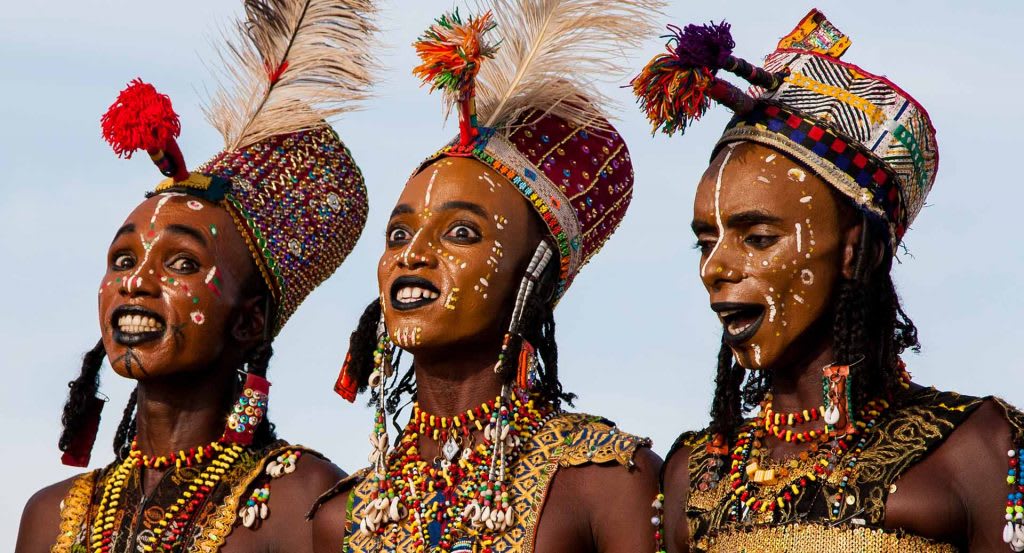Of late, the mainstream local and global media have been inundated with the developments of Zimbabwe’s frenetic diplomatic attempts towards rejoining the much-vaunted Commonwealth of Nations, lending credence to the ruling establishment’s unrelenting mantra of “re-engagement” as led by Emmerson Mnangagwa, the country’s president.
Ever since Zimbabwe was ousted from the Commonwealth in the early 2000s on the grounds of gross human rights violations and a clampdown on democracy, the rule of law, and fundamental freedoms, the country has long endured an ignominious reputation as an “international pariah” state.
With the coming in of Emmerson Mnangagwa as the president of Zimbabwe in 2018 following the ouster of Robert Mugabe via a military coup, the country has been on a trajectory to “rejoin” the international community and first among these attempts is the desire to be re-admitted into the Commonwealth of Nations.
What is the Commonwealth of Nations?
The Commonwealth of Nations is a political association of 56 sovereign nations; the overwhelming majority being former colonies of the British Empire. On the Commonwealth official website, they describe their association as this:
“The Commonwealth is a voluntary association of 56 independent and equal countries.
It is home to 2.5 billion people, and includes both advanced economies and developing countries. 32 of our members are small states, including many island nations.
Our member governments have agreed to shared goals like development, democracy and peace. Our values and principles are expressed in the Commonwealth Charter.
The Commonwealth's roots go back to the British Empire. But today any country can join the modern Commonwealth. The last two countries to join the Commonwealth were Gabon and Togo in 2022.”
What they gloss over is the fact that the existence of the Commonwealth itself is predicated on the mass murder, plunder, and destruction of its former colonies — how the peoples of the former colonies were dehumanized through violent and murderous subjugation together with the natural resources.
A political organization birthed out of “imperial conferences” to maintain British imperial hegemony among the dominions — in parts of Canada, South Africa, Ireland, Australia, New Zealand — the Commonwealth was created in 1926 and labelled as "equal in status, in no way subordinate one to another in any aspect of their domestic or external affairs, though united by common allegiance to the Crown, and freely associated as members of the British Commonwealth of Nations".
The British Commonwealth of Nations was adopted as the official name for this grouping/community - tied by “allegiance to the Crown”.
In the wake of the crumbling of the British Empire, most states that were granted independence chose to stay in the Commonwealth. This was on the grounds of friendship and practical cooperation.
Today, the Commonwealth is grounded on “an entirely new conception – built on the highest qualities of the Spirit of Man: friendship, loyalty, and the desire for freedom and peace”. Which is reflected in the terms “development, democracy, and peace” as stated on its website.
Why is Zimbabwe no longer part of the Commonwealth?
When the political opposition in Zimbabwe grew in intensity in the early 2000s, the ruling government clamped down on fundamental rights and freedoms in a brutal fashion, targeted at perceived opponents of the state. This also followed the contentious Fast Track Land Reform Program in which white settler farmers’ agricultural land was [violently] expropriated without compensation, as well as hotly contested electoral results.
The Commonwealth responded — as much as the international community did — by isolating Zimbabwe internationally (with the West imposing illegal sanctions on the country). As such, Zimbabwe was suspended from the Commonwealth in 2002 on the grounds of electoral and land reform policies. However, under the leadership of Robert Mugabe, Zimbabwe withdrew from the Commonwealth in 2003.
With Mnangagwa’s coming into power, the “re-engagement” agenda has been a vociferous one. On 15 May 2018, Zimbabwe applied to be re-admitted to the Commonwealth.
Zimbabwe’s hopes of being re-admitted into the Commonwealth
In November 2022, a Commonwealth Assessment Mission flew in Zimbabwe to determine the country’s readiness to rejoin the club of former British colonies. Announcing the news, Foreign Affairs and International Trade Minister Frederick Shava said, “The Mission, led by Assistant Secretary General Professor Luis Franceschi, will be visiting the country for the third time, in line with Zimbabwe’s re-engagement thrust that seeks to reset and rekindle its foreign relations in order to create a conducive and supportive environment for the successful implementation of NDSI and the realisation of Vision 2030.”
At around the same time, opposition leader Nelson Chamisa, who leads the Citizens Coalition for Change (CCC), lamented to the Assessment Mission how Zimbabwe’s readiness was in question to the continuation of political persecution against political opponents by the Mnangagwa-led administration as well as the unabated promulgation of laws that are shrinking the democratic space in Zimbabwe.
Why Zimbabwe wants to rejoin the Commonwealth
Zimbabwe sees itself as a country in urgent need of being re-integrated into the “international community” and the Commonwealth still looks attractive to the ruling establishment despite its history as an imperial organization and its status quo as the preservation of neocolonial hegemony.
Moving in line with the neoliberal capitalist language of “trade,” “democracy” “investment”, “development”, and “peace” (or the “rule of law”), Zimbabwe hopes that being re-admitted into the Commonwealth will re-ignite its ailing economy.
Just recently, Zimbabwe got a “surprise” invitation to attend a telecoms conference in London that was organized by the Commonwealth and this has been interpreted by the Zimbabwe government as a positive step towards being re-admitted into the Commonwealth.
Why Zimbabwe should not rejoin the Commonwealth
But is re-joining the Commonwealth a good thing for Zimbabwe in the longue duree? Can the immense poor masses of Zimbabwe benefit by the country joining again this neocolonial coalescence of former British colonies? (Even now, the Commonwealth is now open to countries that have no “historical roots” with the British Empire for example Mozambique, Rwanda, Gabon, and Togo).
The truth of the Commonwealth of Nations is still an embodiment of white supremacist, imperialist, patriarchal [globalized] capitalism and at its core it is not altruistically concerned with serving the poor majority masses of its member states. The Commonwealth still exists as a vestige of the British Empire; placating the whims of global financialized private capital through “trade and investment” between Britain and the Commonwealth member states.
As this contributor on the Guardian opined: “…the Commonwealth is a vessel of former colonies with the former imperial master at its helm. Or, as I like to call it, Empire 2.0.”
The Commonwealth is predicated on unequal terms even though it attempts to rebrand itself as an egalitarian political association where the voluntary will of its member states reigns supreme. More than $1 trillion worth of natural resources is controlled by British companies.
It is thus preposterous for Zimbabwe to seek re-admission into an incorrigible association like the Commonwealth. Because of global inequalities in income, wealth, and epistemology, it is devilishly disingenuous for Britain to claim that it is an overlord of its former colonies on the premise of vague terms such as equality, peace, development, and prosperity.
The investment that the Zimbabwean government hopes will be poured into the country via re-engagement with the Commonwealth (through re-admission) simply embodies profits that will go back into the hands of the elite oligarchical few who control British companies—companies whose reason for existence is to pillage the resources and brilliant minds of “developing countries” while further reifying poverty in their home countries.
Thus, if Zimbabwe hopes to employ diplomacy for its own interests through rejoining the Commonwealth, such belief is a grave mistake. What the Commonwealth preaches to its member-states is nothing other than fostering “ liberalised, extractor-friendly regimes, low corporate tax rates, and a creative system of tax havens” mostly located in Commonwealth countries (particularly the islands).
In return, Africa gets loans and aid—in a perpetual strangulation of its true potential towards self-sufficiency and success. So, although the Commonwealth is a conglomeration of “former British dependencies”, the reality is that these former colonies are still dependent on Britain (the West at large).
Zimbabwe stands to benefit nothing from this “re-engagement” agenda. The Commonwealth is now an obsolete institution that only prides itself in imperial nostalgia.







